World this week






Photo's: Collected
In separate written responses addressing Russian concerns voiced last December, the US and NATO held firm to the alliance's open-door policy for membership, rejected a demand to permanently ban Ukraine from joining, and said allied deployments of troops and military equipment in Eastern Europe are non-negotiable. Secretary of State Antony Blinken said the US response "sets out a serious diplomatic path forward should Russia choose it," telling reporters Wednesday that he expects to have a follow-up discussion with Russian Foreign Minister Sergey Lavrov in the coming days.
The response was delivered in person by US Ambassador to Russia John Sullivan. The written document is intended to address concerns Moscow has publicly released and to outline areas where the Washington has said it sees potential for progress with Russia -- arms control, transparency and stability, concerns of the United States and our allies and partners about Russia's actions that undermine security, principled and pragmatic evaluation of the concerns Russia raised, and proposals for finding common ground.
North Korea fired two suspected ballistic missiles into the sea in its sixth round of weapons launches this month. Experts say North Korea's unusually fast pace in testing activity underscores an intent to pressure the Biden administration over long-stalled negotiations aimed at exchanging a release of crippling U.S.-led sanctions against the North and the North's denuclearisation steps. South Korea's military said the weapons, which were likely short-range, were launched five minutes apart from the eastern coastal town of Hamhung and flew 190 kilometres (118 miles) on an apogee of 20 kilometres (12.4 miles) before landing at sea.
Aviation authorities issued a Notice to Airmen, or NOTAM, for pilots operating in South Korean airspace, advising them of a "missile launched from North Korea". The U.S. Indo Pacific Command said the latest launches, while highlighting the destabilising impact of North Korea's weapons program, didn't pose an immediate threat to U.S. personnel, territory, or allies.
A World Trade Organisation arbitrator decided that China can impose retaliatory tariffs on imports from the United States totalling up to $645 million a year, capping a decade-long dispute over US duties on some Chinese goods. The dollar-value award issued this week follows a decision in July 2019 from the WTO's dispute resolution process, which the United States has since gummed up by refusing to allow for new judges to be appointed to its body that acts as a sort of appeals court.
China had originally sought an award of $2.4 billion per year, while the U.S. had argued that fair compensation would have totalled no more than $106 million annually. The ruling allows China to take action to balance out what the WTO ruled were unfair US fees on some Chinese goods, including thermal paper, solar panels, wind towers, steel sinks and several types of pipes. pre-dates a string of trade disputes between the two countries during the Trump administration.
With 192 lasers and temperatures more than three times hotter than the centre of the sun, scientists hit - at least for a fraction of a second - a key milestone toward nearly pollution-free fusion energy. Researchers at the National Ignition Facility at the Lawrence Livermore National Lab in the US state of California were able to spark a fusion reaction that briefly sustained itself - a major feat because fusion requires such high temperatures and pressures that it easily fizzles out.
The ultimate goal is to generate power the way the sun generates heat: by smooshing hydrogen atoms so close to each other that they combine into helium, which releases torrents of energy. A team of more than 100 scientists published the results of four experiments that achieved the 'burning plasma' in Nature. With those results, scientists say they are now on the threshold of an even bigger advance: ignition. That's when the fuel can continue to "burn" on its own.






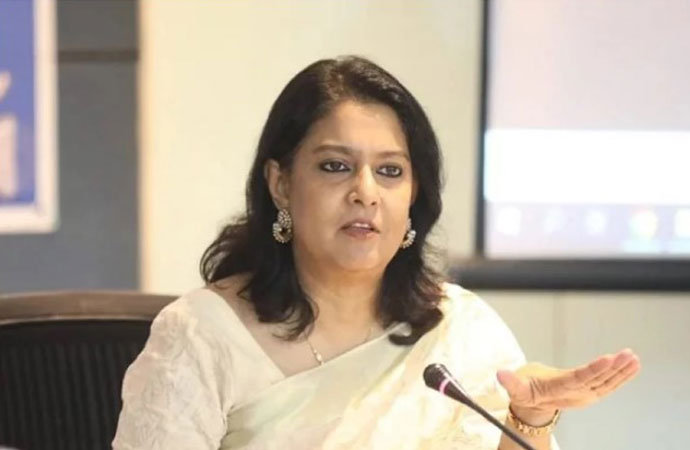
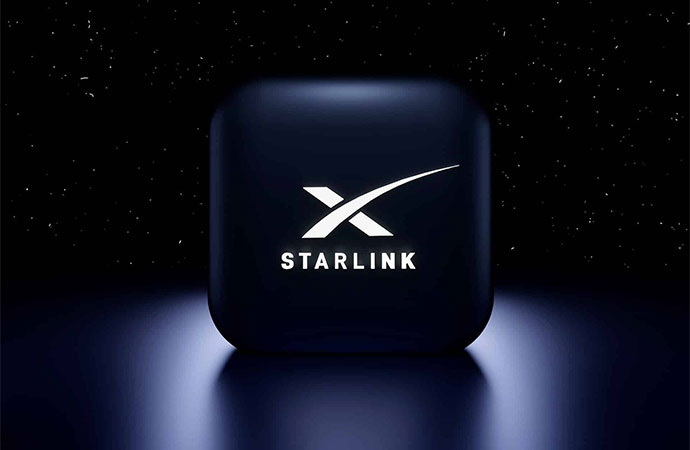
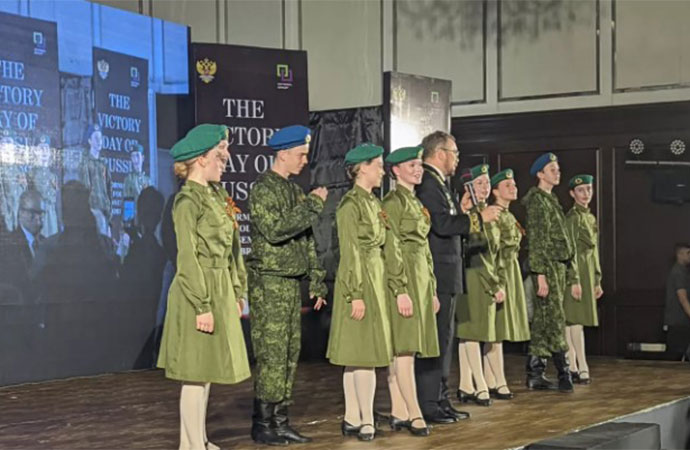










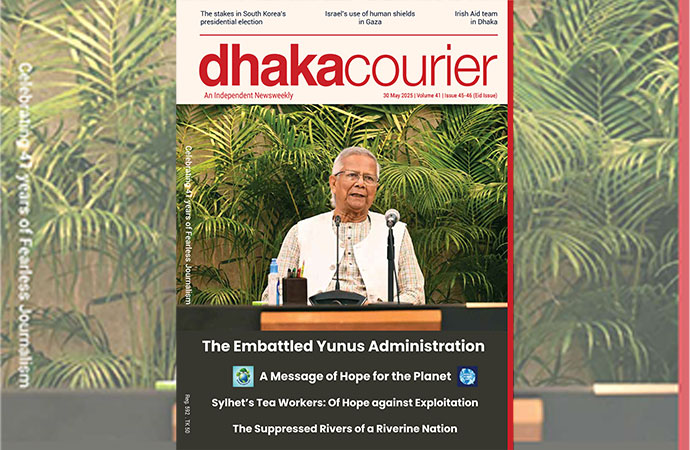
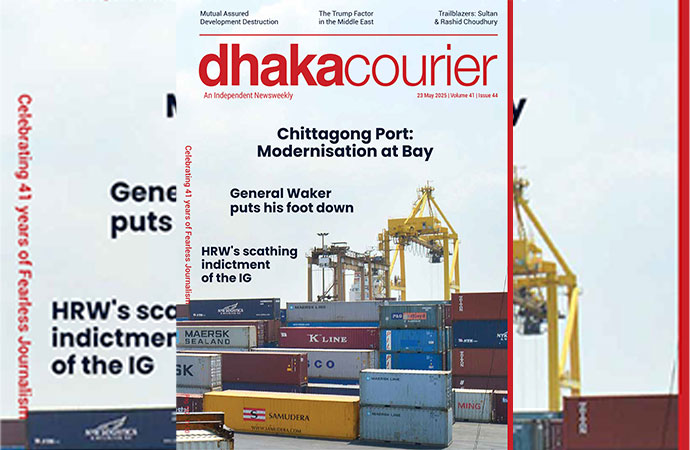
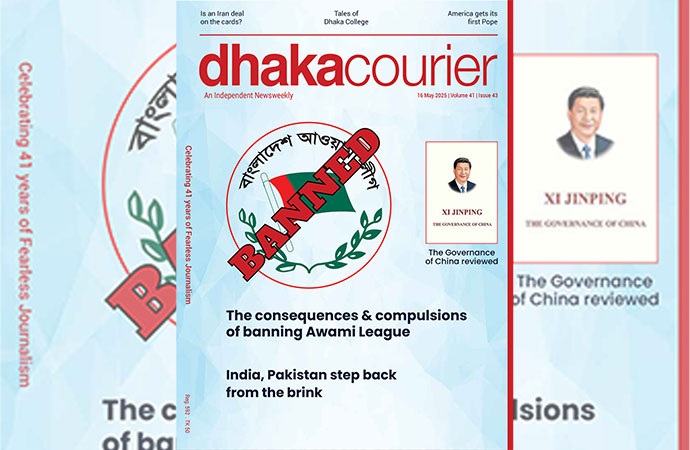
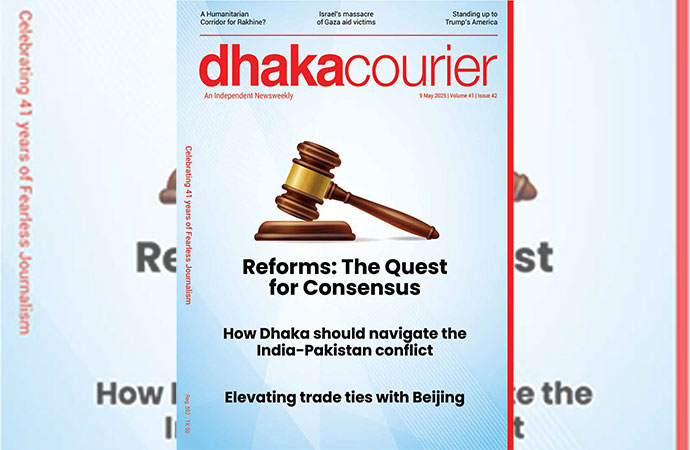


Leave a Comment
Recent Posts
Main Eid-ul-Azha congregation ...
Muslims across Bangladesh celebrated Eid-ul-Azha, one of the most sign ...
Spice Girls
Spice Girls was a British pop band. Spice Girls included: Victoria Bec ...
South Korea Is Facing a Triple Challenge
Kazi Shahidullah bahi and the DU: From a memorial me ..
France-Bangladesh cooperation in focus at ‘Strategic ..
Indian president hopes for ‘democratic, inclusive’ B ..